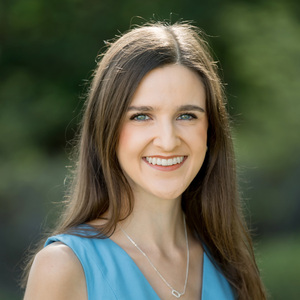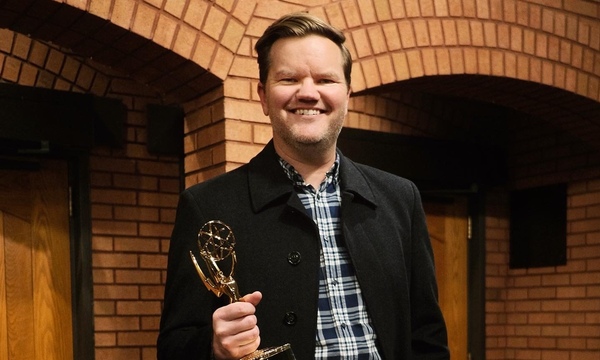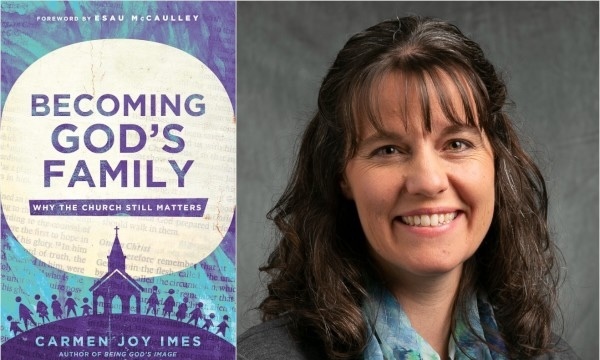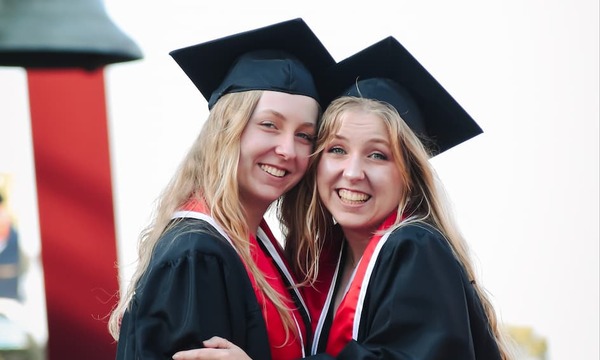As Biola University alumna Vanessa Madrigal (’20) sat in an interview for a behavioral therapist position with Autism Spectrum Therapies, she was informed of their great need for Spanish-speaking behavioral therapists. Madrigal was happy to fulfill that need.
Madrigal, who graduated from Biola with a degree in psychology, entered her position with excitement at the opportunity to work with Spanish-speaking families. She has found her Hispanic culture and upbringing as a helpful asset in working with clients.
“When I step into my client’s home there is a mutual understanding of each other that is hard to place into words, but it goes a long way in the quality of the service I can provide,” said Madrigal. “There are also some things that my clients’ parents do not need to explain, because I can relate to those experiences. All these things work to build trust and comfort between my clients, their families, and me.”
Madrigal reflected on her time studying psychology, noting that there are many cultural barriers in psychology. She said that there is a stigma surrounding psychology and mental health in Hispanic culture, recognizing that many in the Hispanic community see mental illness as a weakness, bringing shame upon someone experiencing symptoms of mental illness.
“My own experience and mental health journey has driven me to first learn about mental illnesses more in depth and secondly, change the narrative surrounding mental illnesses in my own social circles,” said Madrigal.
In regards to confronting mental health and illness, Madrigal finds value in working through trauma and brokenness in order to heal. She notes that some of her classes made her look into her past wounds in order to better understand how to help others in their mental health journeys.
“Just like going to a doctor to get a cast on a broken leg so we can run again, healing these patterns of brokenness can allow us to engage better with our neighbors and love them better as well,” said Madrigal.
Madrigal credits Biola’s motto “Think biblically about everything” as a driving force in her life and work. She finds purpose in the plan God has for her life, hoping to use it to encourage clients when she becomes a Christian psychologist in the future, reminding them that they do not have to be consumed by things of the fallen world.
The time she spent at Biola allowed Madrigal to grow into her identity, although it was not an easy transition. Coming from a very diverse city, Madrigal felt alone in her culture, traditions and appearance upon entering Biola.
“I was used to being surrounded by many people who looked like me and other minority groups made up large percentages of the population of my schools growing up,” said Madrigal. “This shift in my environment gave me a space to recognize the ways that my culture was different and celebrate those differences. I was forced to confront the differences I once took for granted and was given the opportunity to see my culture as beautiful and special.”
Madrigal continued to grow in her acceptance and appreciation for her Hispanic culture. She became the first person in her family to earn a bachelor’s degree, something she and her family see as a huge accomplishment.
“Instead of feeling alone in my traditions and culture, I began to feel proud to share my experiences with my peers. It was at Biola that I gained an appreciation to be friends with people who were different than myself,” said Madrigal.
With her degree and deepened understanding and appreciation of her culture under her belt, Madrigal is hopeful to continue serving clients as a resource to help them walk through life to the best of their ability.
“I hope to provide a space of support and encouragement for my clients and their families — to build them up on the hard days, and to celebrate them on the good,” stated Madrigal.
Apply and learn more about Biola’s Psychology program and Rosemead School of Psychology.
Written by Sarah Dougher, media relations assistant. For more information, contact media.relations@biola.edu.
 Biola University
Biola University


.jpg)

